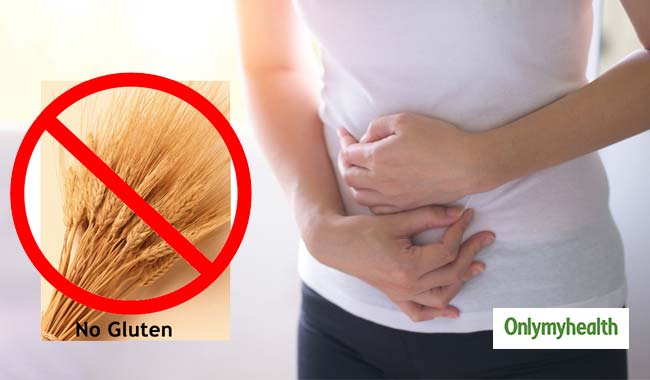
Staying gluten-free for some is just a part of a fad but for some, it is a necessity. People suffering from celiac disease are intolerant to gluten. It leads to some digestive problems, and in severe cases, it may even lead to some cancers. Here is all you need to know about celiac disease.
Table of Content:-
In India, approximately 60 to 80 million people are estimated to be suffering from the disease.
What is Celiac Disease?
Celiac disease is a serious autoimmune disorder in which the body becomes intolerant to gluten. Gluten is a protein found in wheat, rye, barley and bulgur. When people suffering from the disease eat gluten, their immune system responds by attacking and damaging the small intestine. Your small intestine is responsible for absorbing nutrients from food into the bloodstream for the body to use.

Also read: Ways to Prevent Gallstones Naturally
What are the Symptoms?
Symptoms of celiac disease may vary from person to person. Some of the most common signs of celiac disease include
- Weight loss
- Fatigue
- Abdominal pain
- Diarrhoea
- Nausea
- Constipation
- Vomiting
- Bloating and gas
Some other symptoms that are not related to the digestive system include:
- Iron deficiency or anaemia
- Joint pain
- Irregular menstrual cycle
- Mouth ulcer
- Headache and fatigue
- Joint pain
- Heartburn
- Dermatitis herpetiformis
What are the Risk Factors?
The risk factors that may increase your risk of developing celiac disease include:
- A family history of celiac disease
- Thyroid
- Rheumatoid arthritis
- Diabetes
- Down syndrome
What is the Diagnosis?
The doctor will do a physical examination and check your medical history. He or she will do some blood tests including complete blood count, liver functions tests, cholesterol tests and alkaline phosphatase level test.
Also read: 9 Facts about the digestive system
What is the Treatment?
The permanent solution to the problem is to exclude gluten from your diet completely. You can consult a doctor to know how you can follow a healthy diet while avoiding gluten. You will see the difference once you remove gluten from your diet. Maintaining a gluten-free diet is not easy but it is the only solution to eliminating the disease. You should avoid food items such as bread, oats, pasta, cookies, cereals, seafood etc.
Some of the healthy gluten options include dairy products, peas, potatoes, corn, brown rice, beans and lentils and fresh fruits.
Read more articles on Health.
For more related articles, download OnlymyHealth app.
Read Next
Four Amazing Tooth Friendly Foods
How we keep this article up to date:
We work with experts and keep a close eye on the latest in health and wellness. Whenever there is a new research or helpful information, we update our articles with accurate and useful advice.
Current Version